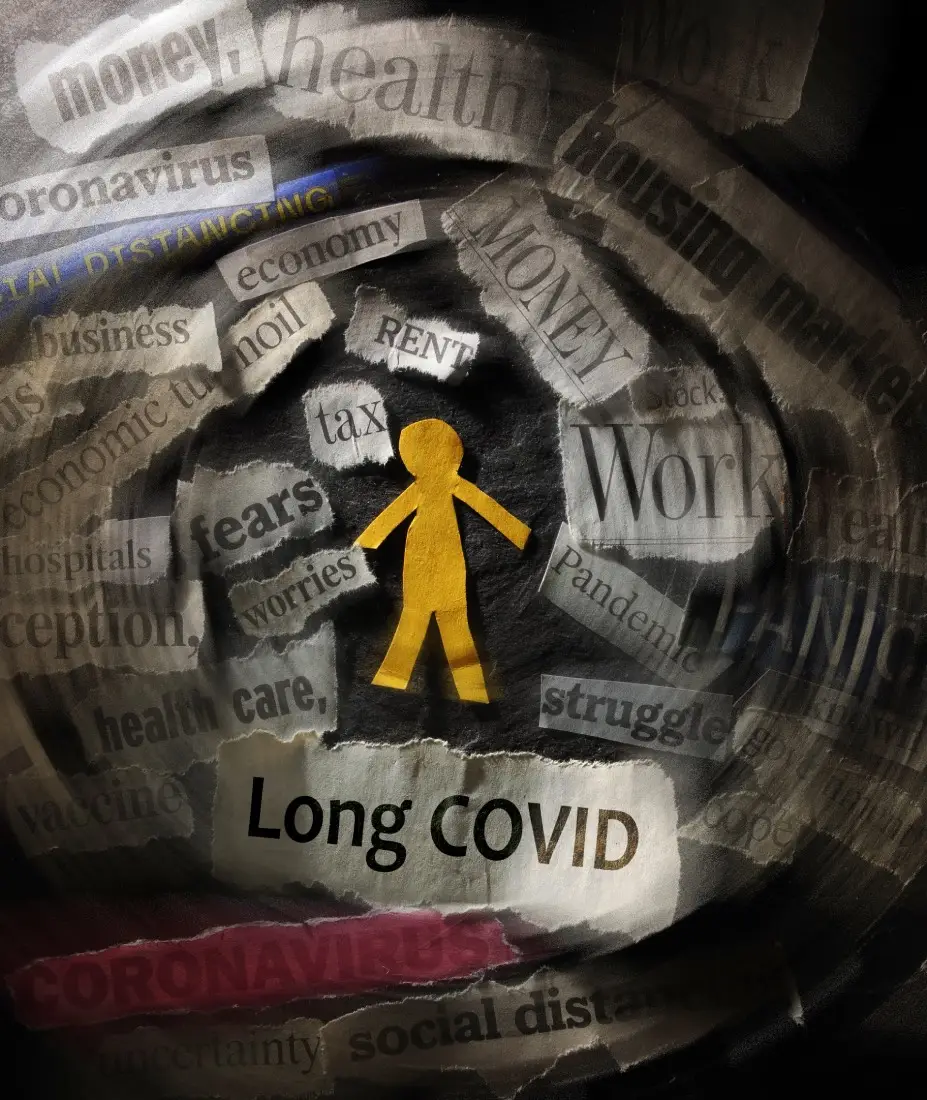Recent studies have revealed that artificial intelligence (AI) systems are often more effective than human doctors in certain medical tasks, particularly in interpreting medical scans and making accurate diagnoses. This unexpected finding challenges the prevailing assumption that AI and human physicians working together will always yield superior results. Instead, it suggests that AI, when operating independently, may have distinct advantages in specific domains of medicine. These developments raise critical questions about the evolving role of AI in healthcare and the optimal balance between human expertise and machine efficiency.
AI’s Superior Performance in Medical Tasks
AI’s ability to outperform doctors in certain medical tasks can be attributed to its advanced pattern recognition, speed, and consistency. Machine learning algorithms, particularly deep learning models, can analyze vast amounts of medical data in ways that surpass human capabilities. AI has been shown to identify subtle anomalies in radiological images, detect cancers at earlier stages, and minimize diagnostic errors in conditions such as diabetic retinopathy, lung cancer, and cardiovascular diseases.
Unlike human doctors, AI systems do not experience fatigue, cognitive biases, or distractions that can affect decision-making. Additionally, AI models continuously improve as they process more data, refining their accuracy and efficiency over time. Studies comparing AI with physicians in image-based diagnostics, pathology, and dermatology have consistently shown that AI-driven systems can match or even exceed human performance. These findings indicate that AI could play a significant role in automating certain medical tasks, freeing up doctors to focus on more complex and patient-centered aspects of care.
Why AI May Outperform Physicians in Some Areas
Several factors contribute to AI’s success in medical tasks where human doctors struggle.
- Lack of Physician Training in AI: Many healthcare professionals are not adequately trained to interpret AI-generated insights. This knowledge gap can hinder effective collaboration and prevent doctors from fully utilizing AI’s capabilities.
- Bias Against Automation: Some physicians and healthcare institutions exhibit skepticism toward AI-driven recommendations, preferring traditional diagnostic methods even when AI has demonstrated superior accuracy. This bias can limit the effective integration of AI into clinical workflows.
- Artificial Study Environments: Many studies comparing AI and human physicians occur in controlled environments that do not fully reflect real-world clinical conditions. In such settings, AI operates with ideal datasets, which may not account for the complexities and variability of real patient cases.
These factors suggest that AI’s superior performance in studies may not always translate seamlessly into everyday clinical practice. However, the evidence still points to AI’s potential as a transformative tool in medicine.
Rethinking the Doctor-AI Relationship
Rather than viewing AI as a replacement for human doctors, healthcare systems should focus on defining the most effective way for AI and physicians to collaborate. The assumption that AI and doctors working together always produce better results is now being challenged by research findings, prompting a reassessment of how responsibilities should be distributed between human and machine intelligence.
One possible model is a tiered approach to medical decision-making in which AI handles high-volume, repetitive tasks while physicians focus on cases requiring human intuition, experience, and contextual understanding. For example:
- AI could perform initial screenings in radiology, pathology, and dermatology, flagging high-risk cases for further review by specialists.
- Doctors could oversee AI’s recommendations, ensuring that machine-generated insights align with clinical judgment and patient-specific factors.
- AI-driven diagnostics could be combined with human expertise to create a more personalized approach to treatment planning.
This model optimizes efficiency while preserving the essential human touch in medicine. Patients often seek emotional reassurance, empathy, and holistic care, aspects of healthcare that AI cannot provide. Physicians remain irreplaceable in making complex decisions that involve ethical considerations, patient preferences, and individualized treatment strategies.
Challenges and Ethical Considerations
Despite AI’s impressive capabilities, integrating it into mainstream healthcare presents several challenges.
- Accountability and Liability: If an AI system misdiagnoses a patient, determining responsibility becomes a legal and ethical dilemma. Should the blame fall on the algorithm’s developers, the hospital using the AI, or the physician overseeing the process? Clear guidelines and regulations are needed to address these concerns.
- Data Privacy and Bias: AI models rely on vast datasets to function effectively. Ensuring patient data privacy while maintaining robust AI training is a complex challenge. Additionally, if AI systems are trained on biased datasets, they may produce inaccurate or discriminatory outcomes, reinforcing healthcare inequalities.
- Maintaining Physician Expertise: Overreliance on AI for routine diagnostics could lead to skill degradation among doctors. Physicians must continue honing their diagnostic abilities to ensure they can step in when AI encounters limitations.
Addressing these challenges requires a balanced approach to AI integration, with ongoing oversight, ethical considerations, and clear guidelines to ensure AI enhances, rather than replaces, human expertise.
The Future of AI and Human Doctors in Medicine
AI’s role in medicine is rapidly expanding, and its ability to outperform doctors in key tasks signals a shift in how healthcare is delivered. However, AI should not be seen as a replacement for physicians but rather as a powerful assistant that enhances efficiency, accuracy, and patient outcomes. The future of medicine lies in leveraging the strengths of both AI and human doctors, ensuring that technology is used to complement human judgment rather than replace it.
As AI continues to evolve, healthcare institutions must invest in physician training, establish clear ethical guidelines, and create frameworks for AI-assisted decision-making. The ultimate goal is not competition between AI and doctors, but collaboration that enhances medical practice and improves patient care. The synergy between AI’s computational power and human intuition holds the potential to revolutionize modern medicine, making it more accurate, efficient, and accessible for patients worldwide.

